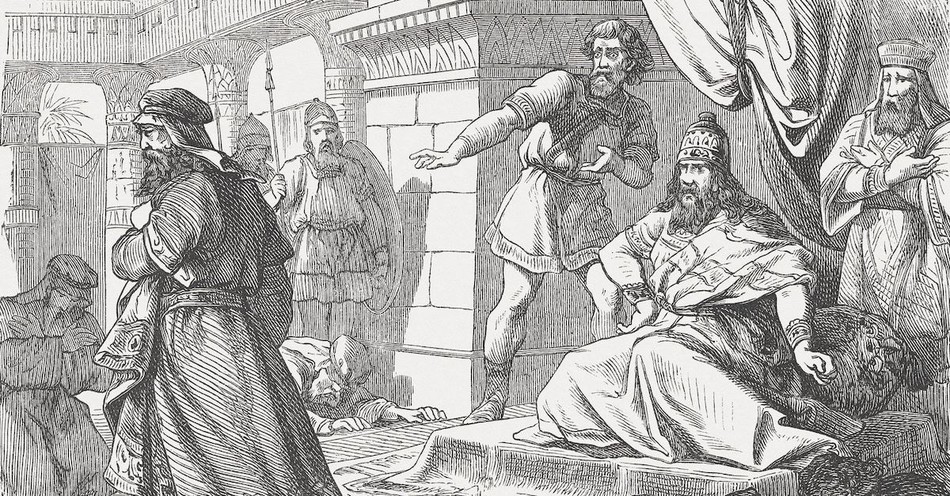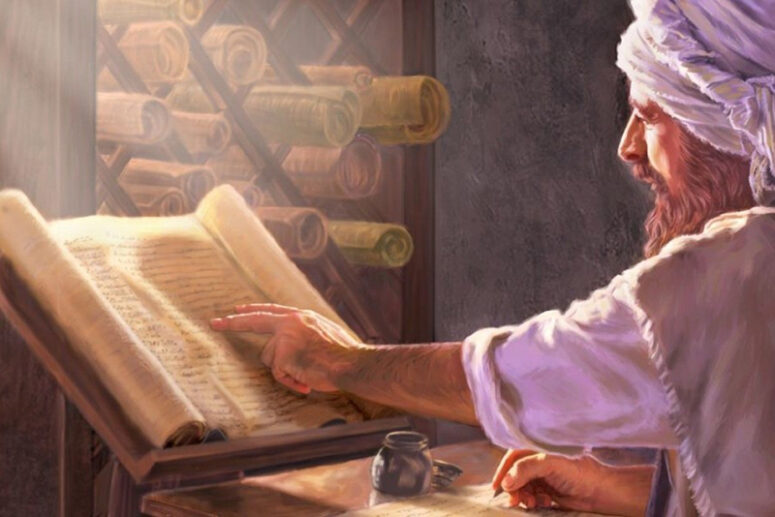The Bible is full of stories that have the power to captivate our minds and inspire our hearts. These stories have been passed down through generations and are still relevant and impactful today. In this essay, we will explore some of the most mind-blowing stories from the Bible, and how they can teach us important lessons about faith, courage, and the power of God.
One of the most famous stories from the Bible is the story of David and Goliath. In this story, a young shepherd boy named David defeats a giant warrior named Goliath with just a sling and a stone. This story teaches us that even the smallest and most unlikely person can overcome seemingly insurmountable obstacles with faith and courage. The Bible verse 1 Samuel 17:45-47 says, “David said to the Philistine, ‘You come against me with sword and spear and javelin, but I come against you in the name of the Lord Almighty, the God of the armies of Israel, whom you have defied.'”
Another mind-blowing story from the Bible is the story of Moses parting the Red Sea. In this story, God instructs Moses to hold out his staff, and the waters of the Red Sea miraculously part, allowing the Israelites to escape from the pursuing Egyptian army. This story teaches us that God has the power to perform miracles and deliver us from danger. The Bible verse Exodus 14:21-22 says, “Then Moses stretched out his hand over the sea, and all that night the Lord drove the sea back with a strong east wind and turned it into dry land. The waters were divided.”
The story of Jesus feeding the 5,000 is another mind-blowing story from the Bible. In this story, Jesus miraculously multiplies five loaves of bread and two fish to feed a crowd of 5,000 people. This story shows us that God can provide for our needs in abundance, even when resources seem scarce. The Bible verse Mark 6:41-42 says, “Taking the five loaves and the two fish and looking up to heaven, he gave thanks and broke the loaves. Then he gave them to his disciples to distribute to the people. He also divided the two fish among them all. They all ate and were satisfied.”
The story of Noah’s Ark is another awe-inspiring story from the Bible. In this story, God instructs Noah to build an ark and fill it with pairs of every kind of animal to survive a great flood. This story teaches us about God’s faithfulness and the importance of following His commands, even when they seem impossible. The Bible verse Genesis 7:17-18 says, “For forty days the flood kept coming on the earth, and as the waters increased they lifted the ark high above the earth. The waters rose and increased greatly on the earth, and the ark floated on the water’s surface.”
The story of the resurrection of Jesus is perhaps the most mind-blowing story from the Bible. After being crucified and buried, Jesus rises from the dead, conquering sin and death and offering salvation to all who believe in Him. This story is a powerful reminder of the victory of good over evil and the hope that is found in Christ. The Bible verse Matthew 28:6 says, “He is not here; he has risen, just as he said. Come and see the place where he lay.”
The story of Daniel in the lion’s den is a gripping tale of faith and bravery. In this story, Daniel is thrown into a den of hungry lions for refusing to worship the king, but God shuts the mouths of the lions and spares Daniel’s life. This story teaches us about the power of prayer and the protection that God provides for His faithful followers. The Bible verse Daniel 6:22-23 says, “My God sent his angel, and he shut the mouths of the lions. They have not hurt me, because I was found innocent in his sight. Nor have I ever done any wrong before you, Your Majesty.”
The story of the burning bush is another fascinating story from the Bible. In this story, Moses encounters a bush that is burning but not consumed by the flames, and God speaks to him from the bush, instructing him to lead the Israelites out of Egypt. This story teaches us that God can communicate with us in mysterious and miraculous ways, and that He can














